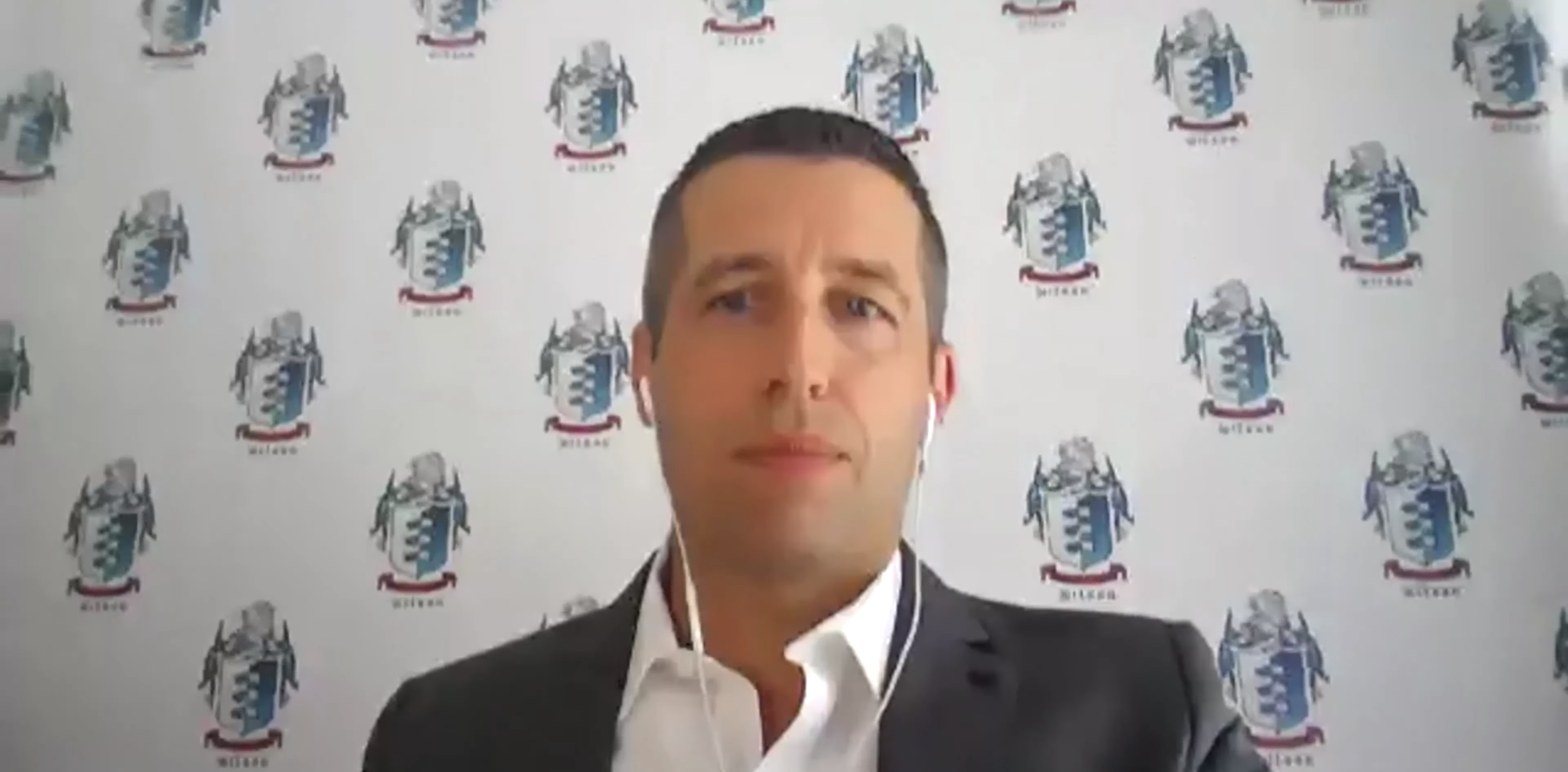In this video Richard C. Wilson, founder of the Family Office Club, discusses how family offices can be smart with their money and not just sit on their capital. Learn more about family offices at http://FamilyOffices.com Hello, this is Richard Wilson. I’m coming to you from San Mateo, California, probably breaking multiple driving laws here are recording this video, but I just left a meeting for a day and a half with one of my single family office clients. They recently sold their business for over $600 million, and we spent an hour and a half that day and a half meeting with the number one trust and estate attorney nationally that works with billionaire families and family offices. I’ve known him for eight years and I know he does a great job, so I brought him in for the single family office and he’s now on retainer with them. It was interesting listening to him about where he sees “smart” family office money, how he thinks the days of hiding your money and hiding your assets and cheating and getting away with it are long gone. And, of course, it’s his job not to encourage clients to do that, to win over the most careful clients who are carefully protecting their capital and don’t want to put it at risk, but I also think is genuinely right about that with the factor rules and Sarbanes-Oxley and everything else that’s gone in place over the past 10 years. The reason I wanted to create this video, though, is to focus on this idea of smart family office money. Every family office should start out asking where they want to go, what objectives and missions they have, what their values and culture are, and what they’re trying to get done. Is it income? Is it preserving capital? Is it passing on a legacy? Is it giving away their money? That’s what should be done absolutely first. After that, figuring out how to be the smart money in every transaction you’re in is a big challenge. And what I’ve found is that self-made entrepreneurs oftentimes care a lot about how they feel they’re perceived and just how they feel inside of the cap table of the deal. Many of them do not like paying sponsorship fees. They don’t like paying fund manager fees. They don’t like paying three different brokers off to get access to a deal when they already know on the sell side that there are several brokers getting paid most likely. And so managing all that can be a challenge for someone like myself who’s helping run single family offices for families. It’s high pressure when the family says, “Only bring me deals where we know we’re being smart money,” and the downside is managed so we can get hopefully a 15 to 20% or 20 to 30% return in many cases. So I want to talk about how you can navigate that. Obviously one way is fee alpha. Negotiating fees. Just being patient when the other person’s trying to make you go fast and just realize there’s always another deal around the corner and they probably need your capital more than you need their deal. If you’re getting enough deal flow, that’s always true. And I would say being patient has definitely cut down the fees on deals that I’ve gotten access to for the single family office. In one case, the fees over seven years on a hotel investment were going to be seven to eight million dollars. We ended up reducing them down to 1.5 million dollars on that specific deal. So that shows how much money you can save having somebody fighting on your side for having a good fee basis or cost basis on a property. I’d also say that negotiation of fees and negotiation of brokerage fees in the operation of a business can be helpful.

Close







